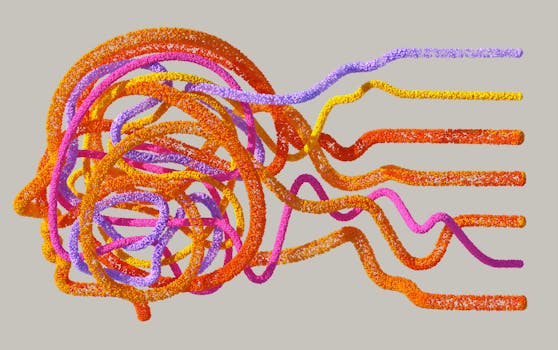
Introduction to Emerging Technologies

As we delve deeper into the 21st century, the evolution of technology continues to accelerate at a remarkable pace. The next few years promise to be nothing short of revolutionary, with advancements in AI, biotechnology, renewable energy, and other sectors poised to redefine our way of life. This article explores the key technological innovations that are set to shape 2025 and beyond.
Artificial Intelligence and Machine Learning

Artificial Intelligence (AI) and Machine Learning (ML) are among the most significant technological innovations currently transforming industries. By 2025, AI technologies are expected to become more sophisticated and integrated into various facets of our lives.
One major innovation on the horizon is AI-powered predictive analytics in healthcare. Machine learning algorithms are being developed to predict disease outbreaks and patient diagnoses accurately, offering valuable insights to healthcare providers and improving patient care.
Moreover, conversational AI is also rapidly advancing. Chatbots and virtual assistants are becoming more adept at understanding natural language, thereby revolutionizing customer service and engagement. Businesses employing these AI tools can handle customer inquiries more efficiently, allowing for a better user experience.
Quantum Computing: The Next Frontier

Quantum computing represents one of the most exhilarating fields within technology, with the potential to solve complex problems that classical computers struggle with. While still in its infancy, the development of quantum computers is accelerating and might redefine industries such as cryptography, logistics, and pharmaceuticals by 2025.
The capability of quantum computers to perform calculations at unprecedented speeds hints at revolutionary applications. For instance, in drug discovery, quantum computers can predict molecular interactions, challenging established timelines and approaches to developing new medications. This innovation could lead to significant advancements in medical treatment and availability.
Additionally, in cybersecurity, quantum technologies aim to bring unprecedented levels of security to data transmission. Quantum key distribution is burgeoning, setting the stage for highly secure communications fundamentally different from conventional encryption methods.
The Rise of Sustainable Technologies

As climate change issues gain dire prominence, innovators are turning their attention to sustainable technologies that can significantly reduce environmental impact by 2025. The greatest challenge remains — transitioning to clean energy solutions to mitigate the effects of our carbon footprints.
Renewable energy technologies, such as advanced solar photonic devices and energy storage solutions that employ quantum mechanisms, can change how we harness energy. Emerging breakthroughs in solar panels promise to convert more sunlight into usable energy, while innovations in battery chemistry seek to increase backup energy storage capabilities significantly.
Furthermore, green building technologies that utilize biochemically sourced materials are gaining mass entry attention and proof of concept. The integration of smart grids powered by AI facilitates real-time energy allocation, optimizing utility services to neighborhood electricity consumption needs more effectively.
The Internet of Things and the Future of Connectivity

The Internet of Things (IoT) seamlessly combines the physical and digital worlds, wherein devices in our homes, cars, and workplaces are networked and communicate with each other. As we advance into 2025, this connectivity will expand exponentially, enhancing data collection and analysis capability.
IoT promises to lead transformative improvements in areas such as smart city initiatives, augmented by sensors, automated traffic management, and energy-efficient public utilities. By sharing real-time data, শহরের ব্যবস্থাপনা কার্যক্ষমতা বেড়ে যাবে, বিষোদৰা জলের সমস্যা, যান বিৰক্ত মোকাৰা ব্যবস্থা তৈরি কৰিবাবে।
Additionally, connected healthcare devices aim to monitor individuals remotely, allowing for timely medical interventions. Applications such as wearable device tracking health parameters would become standard by then, thereby drastically improving overall health management paradigms.




